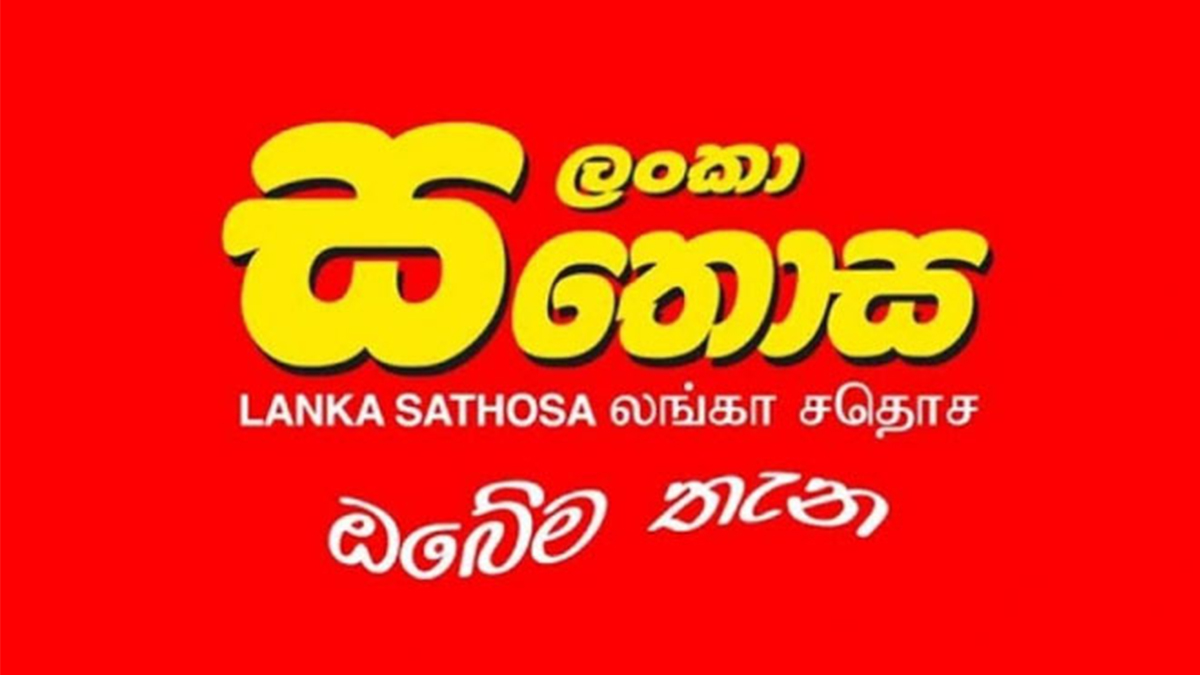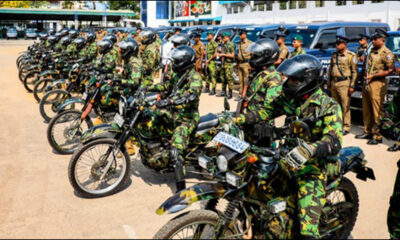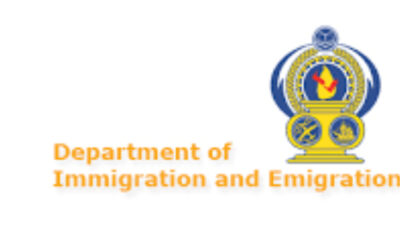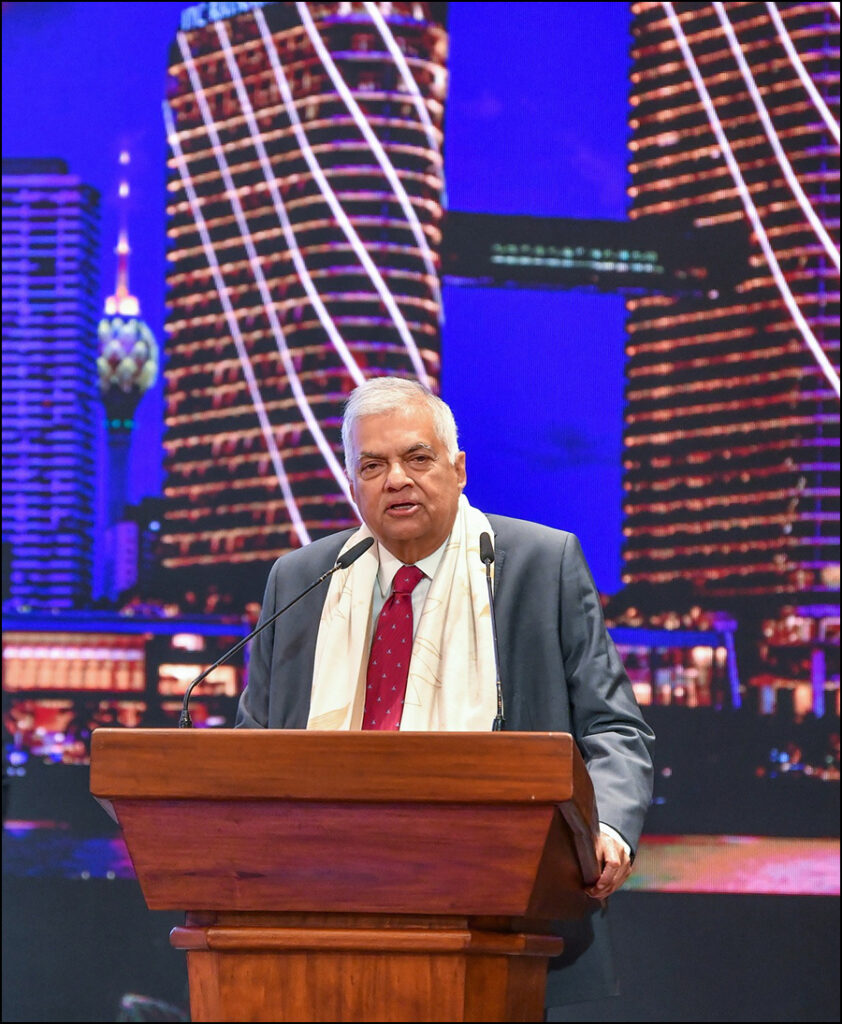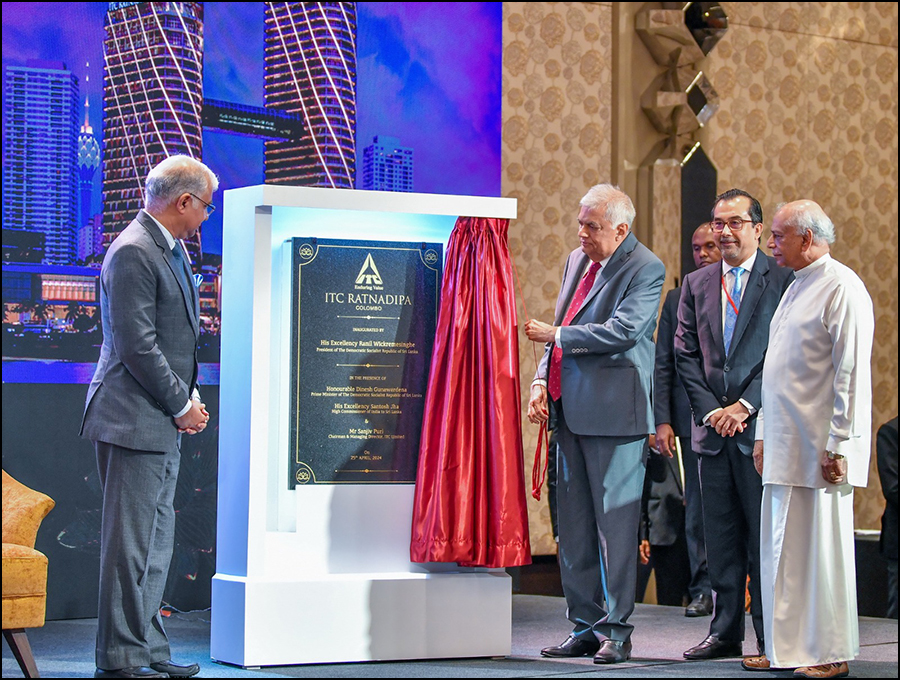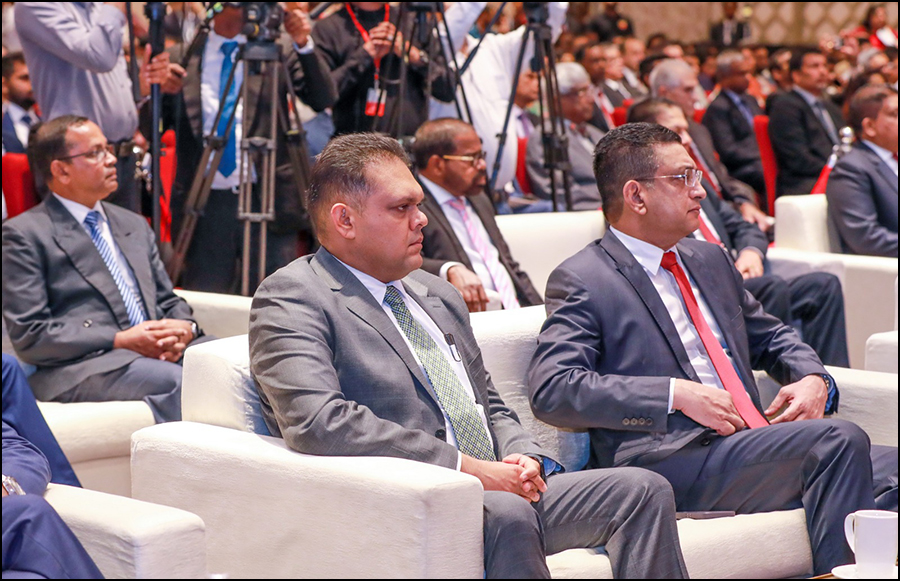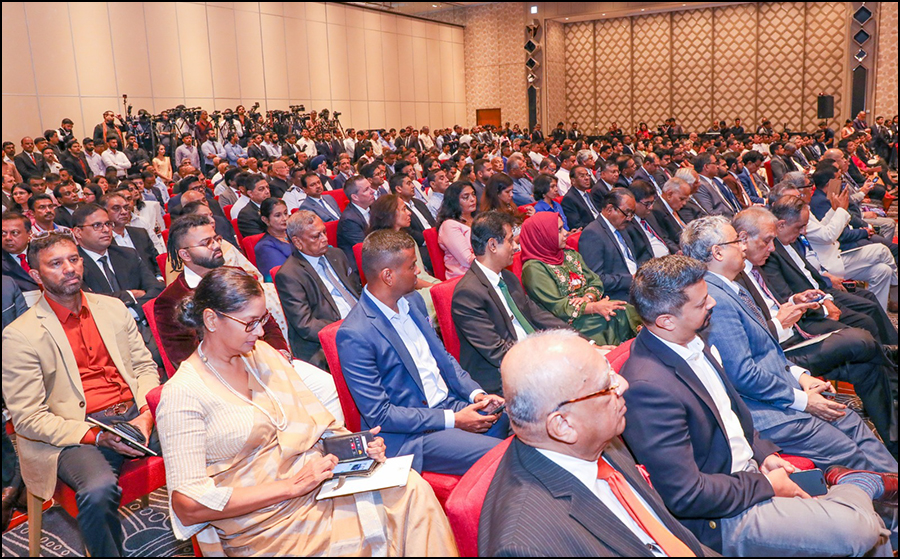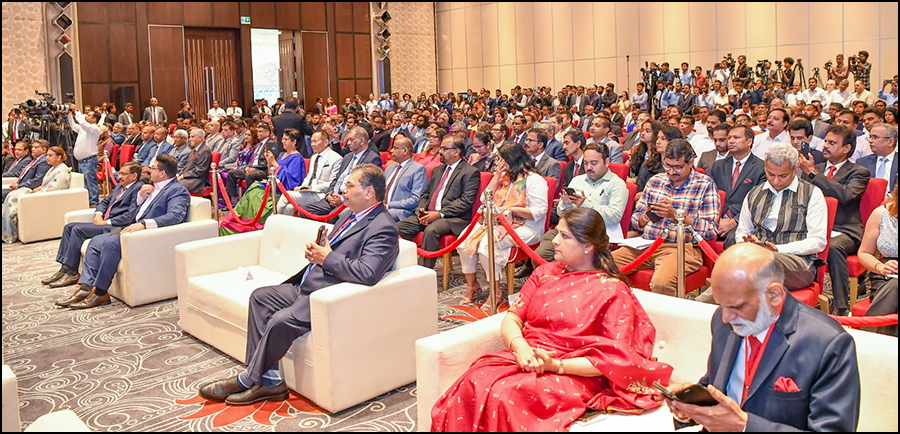The Department of Agrarian Development has made arrangements to establish Sri Lanka’s first strawberry cultivation model village in Nuwara Eliya.
The Minister of Agriculture and Plantation Industries, Mr. Mahinda Amaraweera, advised the Department of Agrarian Development to start this strawberry model cultivation village under the program initiated by the government to acquaint the farmers with the new crops that have been exported using new technology. Accordingly, the Department of Agrarian Development took steps to start this strawberry cultivation.
Under this arrangement, 40 farmers in Nuwara Eliya have been selected and arrangements have been made by the Department of Agrarian Development to provide the farmers with the financial allocation, strawberry plants required for cultivation as well as the new technology and water supply required for cultivation.
Especially for this cultivation, one farmer spends about Rs.1.3million of which 750,000 rupees have been provided by the Department of Agrarian Development without any recovery.
The remaining amount of 06 lakhs will be borne by the farmers engaged in the respective cultivation.
Under this, the Department of Agrarian Development will provide an amount of Rs.30 million to these 40 farmers for strawberry cultivation.
This strawberry cultivation is done in net houses in Nuwara Eliya and 40 net houses have been prepared so far. All of these safe houses can be fully automated by a remote control application.
Arrangements have been made to import the strawberry plants required for this cultivation to Sri Lanka before the end of this month. Approximately more than 300 strawberry plants are grown in one net house. The Commissioner General of the Department of Agrarian Development Mr. A.M.H.L.Abeyrathna said that steps will be taken to start cultivation as soon as the plants are received in Sri Lanka.
This strawberry cultivation is going to be cultivated locally as well as for export and the Department of Agrarian Development has already organized the necessary facilities to buy the harvest from the farmers.
Commenting on this, Minister Mahinda Amaraweera said that this first strawberry cultivation model village will be established under the Youth Agricultural Entrepreneurship Village program, which was started with the aim of attracting the youth community to agriculture, especially to generate high yield and income by using new technology, as well as the dollars needed by the country. He also mentioned that earning should be the aim of this work arrangement.
(dailynews.lk)
(Except for the headline, this story, originally published by dailynews.lk has not been edited by SLM staff)
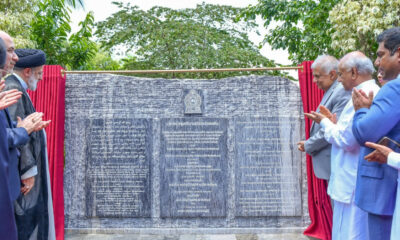
 News1 day ago
News1 day ago
 News2 days ago
News2 days ago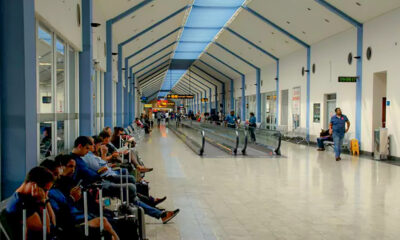
 News2 days ago
News2 days ago
 News3 days ago
News3 days ago
 News3 days ago
News3 days ago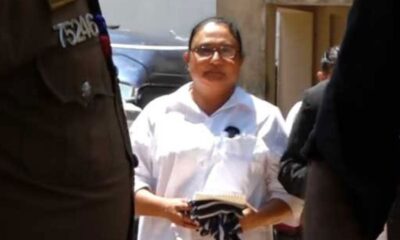
 News1 day ago
News1 day ago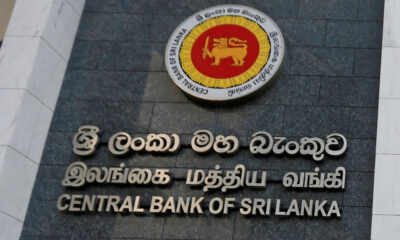
 BIZ3 days ago
BIZ3 days ago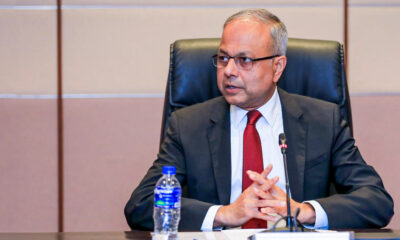
 News5 days ago
News5 days ago

